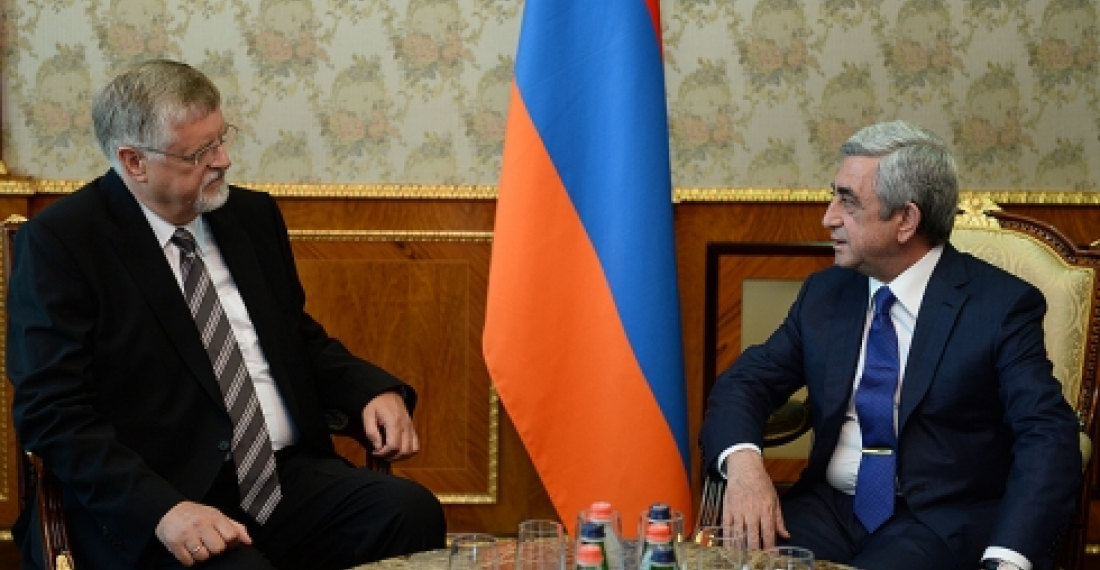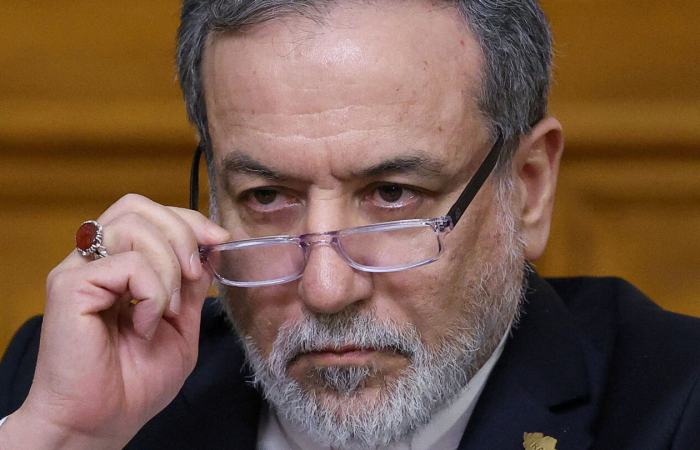Новый спец представитель Европейского Союза на Южном Кавказе, Герберт Саблер, в среду в Ереване в ходе своего первого визита в эту страну после его назначения встретился с президентом Армении Сержем Саргсяном.
В ходе встречи президент Серж Саргсян подчеркнул, что Армения придает большое значение должности специального представителя ЕС на Южном Кавказе и заверил своего гостя о готовности Армении содействовать конструктивному сотрудничеству.
Герберт Зальбер подчеркнул, что с его назначением Европейский Союз хочет послать сообщение о том, что он стремится участвовать в урегулировании существующих конфликтов и в развитии сотрудничества. По его словам, это именно то, о чем его визит в три страны региона был направлен на. Саблер подтвердил о готовности ЕС содействовать мирному решению нагорно-карабахского конфликта, признавая первостепенную роль Минской группы ОБСЕ в этом процессе.
Визит специального представителя ЕС на Южный Кавказ совпал с периодом повышенной напряженности на линии соприкосновения, стороны заявляют о погибших. В четверг и Армения, и Азербайджан сообщили о серьезном нарушении режима прекращения огня. Армения утверждает, что были убиты двое ее солдат. Азербайджан также заявляет, что один из его солдат был убит. Армянская сторона говорит, что двое погибших были из Нагорного Карабаха. Они также сообщили, что в ходе другого инцидента в районе села Айгедзор были ранены гражданские лица. Азербайджан заявил, что один из его солдат был убит армянским снайпером, но не указал на место, где это произошло. Представитель ОБСЕ, как ожидается, проконтролируют линию соприкосновения во время плановой проверки завтра.
Источник: commonspace.eu по материалам агентств
Фото: Специальный представитель ЕС Герберт Саблер на встрече с президентом Армении Сержем Саргсяном в Ереване, 30 июля 2014 года (фото любезно предоставлено пресс-службой президента Армении)







